FAQ: 2020 Farm Requirements
A detailed FAQ about the Rainforest Alliance 2020 Sustainable Agriculture Standard Farm Requirements.
Home / Resources for Partners / Farm Certificate holders
Take online courses and get an in-depth understanding of our standard and certification system.
Our new program, including the Sustainable Agriculture Standard, delivers more value to the many people and businesses that use it.
Find our list of Associate Trainers that can provide training in the implementation of the 2020 Sustainable Agriculture Standard
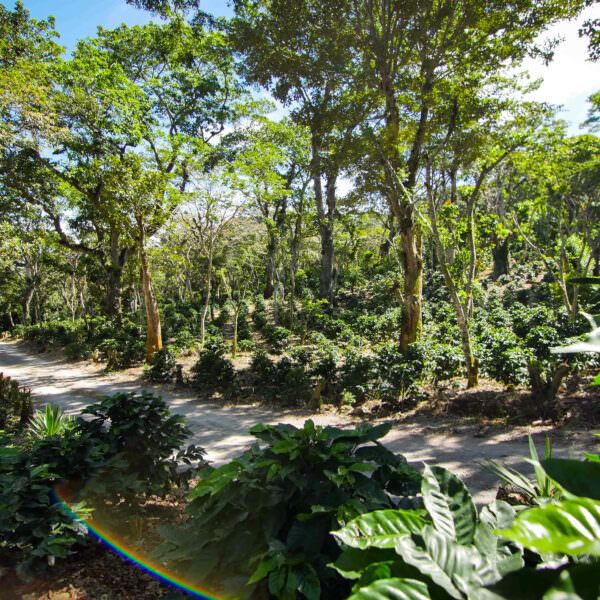
A detailed FAQ about the Rainforest Alliance 2020 Sustainable Agriculture Standard Farm Requirements.
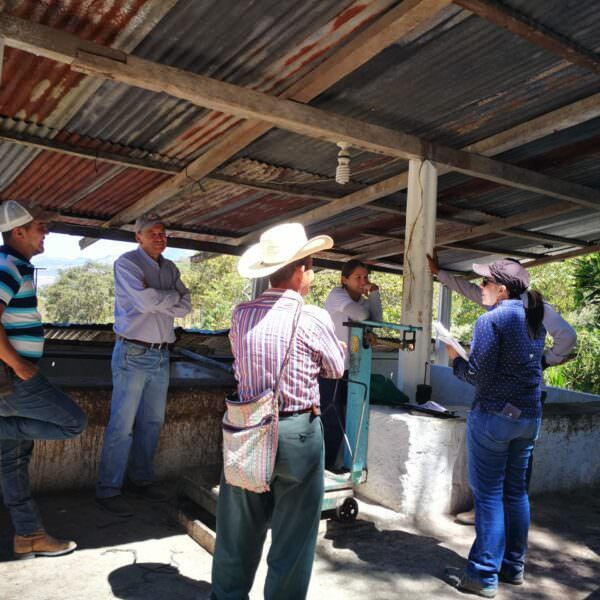
Rainforest Alliance certification is carried out by our authorized certification bodies. Find an authorized certification body in your county.
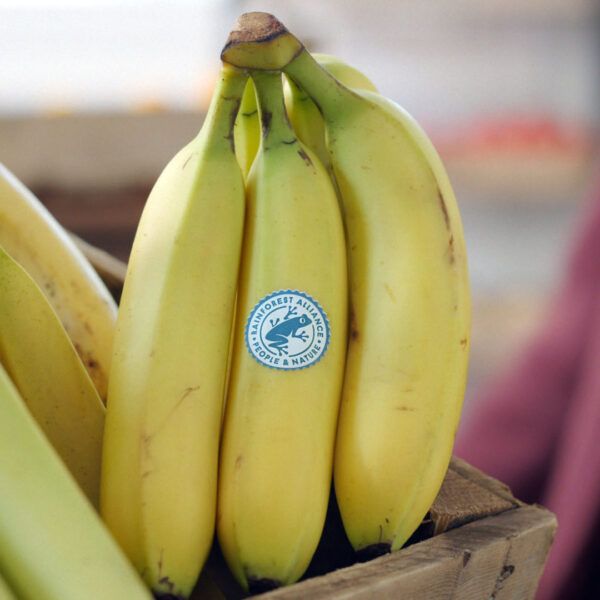
This page gives you an overview of certification costs for farmers and companies.

SA-S-SD-23 This annex includes additional binding content related to the implementation of the Requirements in Chapter 5 of the Sustainable Agriculture Standard: Social. This document includes: Remediation Protocol (Previous Annex S04) (Related to requirements 1.5.1, 1.6.2, 5.1.3, 5.1.4 and 5.8.2) Methodology for Measuring Remuneration and Gaps with a Living Wage (Previous Annex S09) (Related to […]

The Biannual pesticide usage data report that Certificate Holders must keep up to date under the Exceptional Use Policy for using Rainforest Alliance Prohibited Pesticides
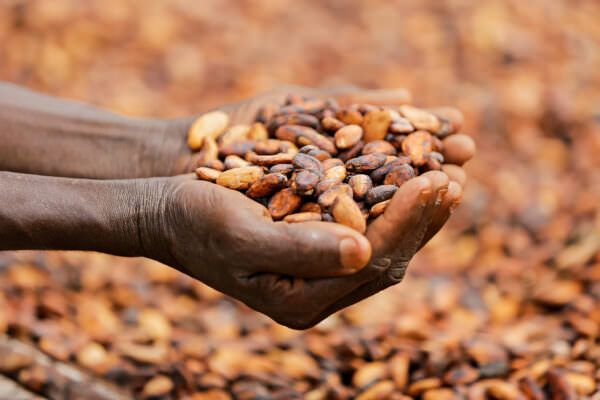
The Rainforest Alliance’s Africa Cocoa Fund (ACF) is a three-year, $5 million fund to support cocoa farmers and help preserve the local landscapes in West and Central Africa.... Continue Reading
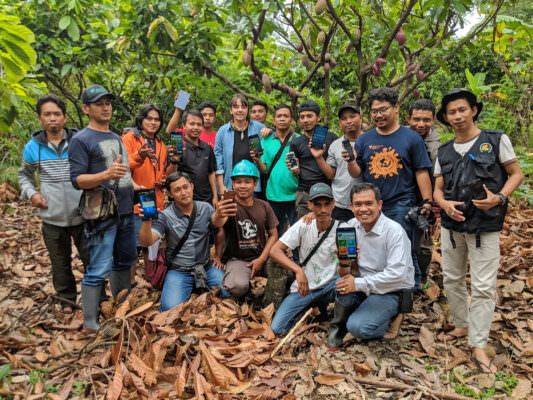
We are extending the transition timelines for farm certificate holders to allow more time to fully embrace and implement the new standard.... Continue Reading

This policy applies to Rooibos certification in South Africa against the Rainforest Alliance 2020 Sustainable Agriculture Standard. It is relevant for both Certificate Holders and Certification Bodies.
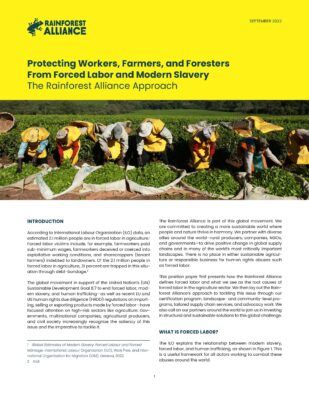
There is no place in either sustainable agriculture or responsible business for human rights abuses such as forced labor. This position paper first presents how the Rainforest Alliance defines forced labor and what we see as the root causes of forced labor in the agriculture sector. We then lay out the Rainforest Alliance’s approach to […]